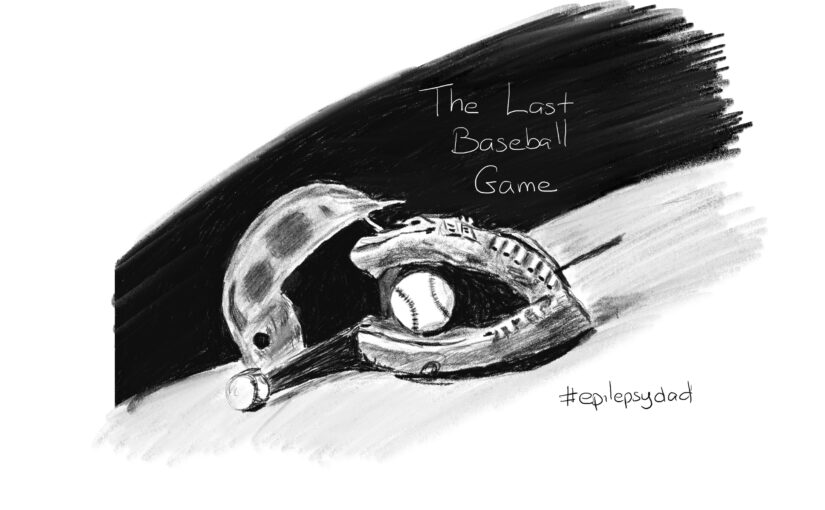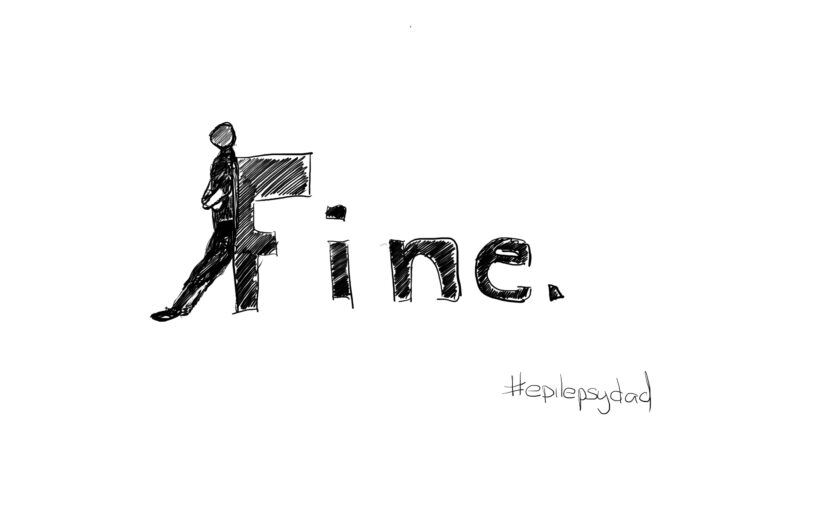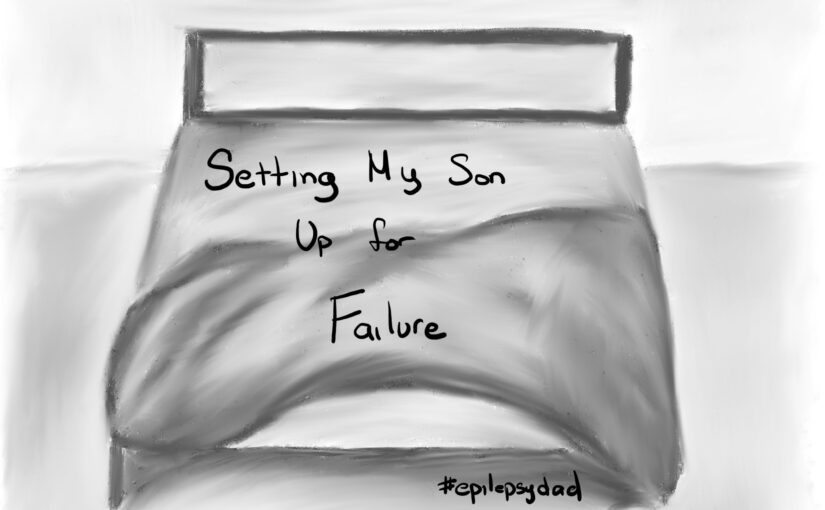The baseball was hit high to right field, where my son was playing. I watched as he tracked the ball and positioned himself under it. His feet were planted. His glove was up. He was ready to make the catch.
Then, the ball slipped past his glove and bounced off the top of his head.
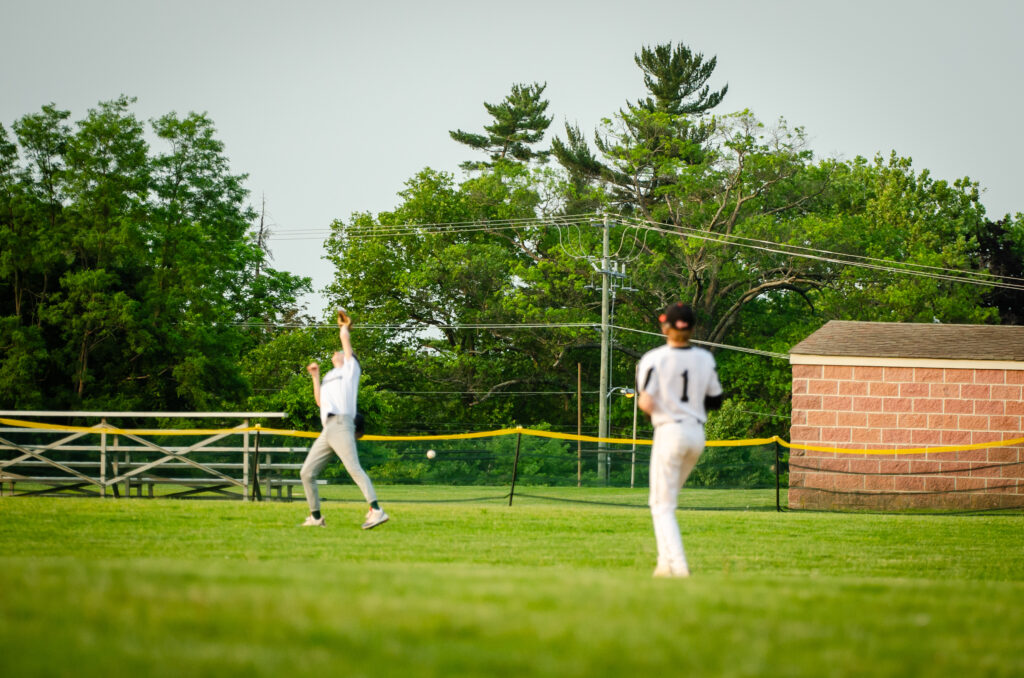
There was a moment of panic as he put his hand on his head where the ball had struck. Then, with his hand still on his head, he started chasing the ball.
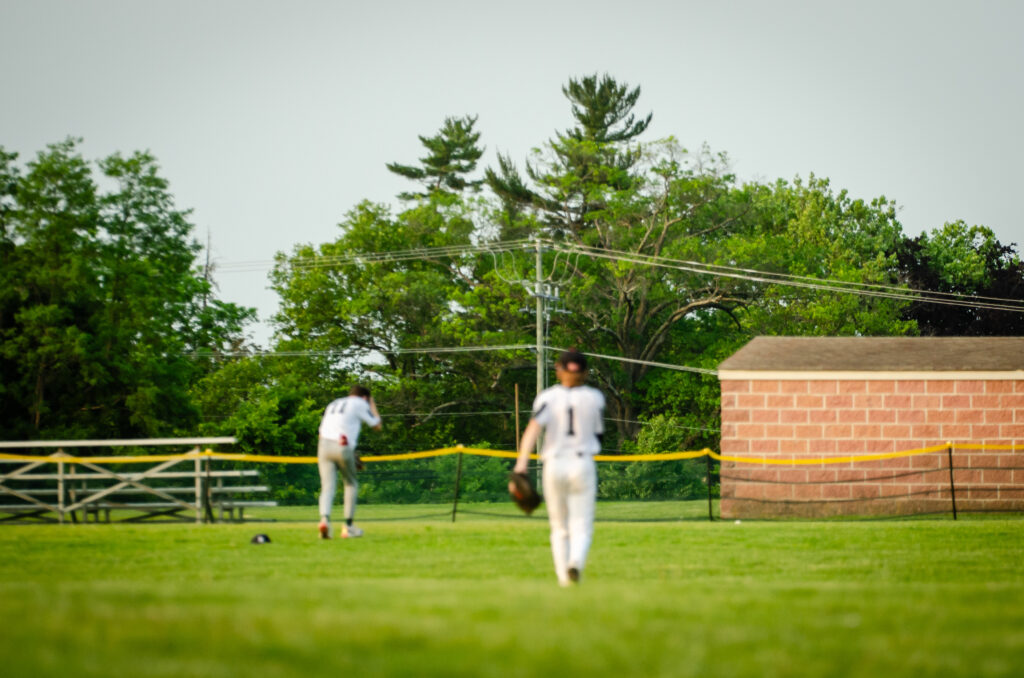
The coaches from both teams were calling for the play to stop. The base runners slowed their advance as the coaches and my son’s teammates headed to the outfield. All eyes were on him as his coach checked him out. After a few minutes, they guided him off the field and onto the bench.
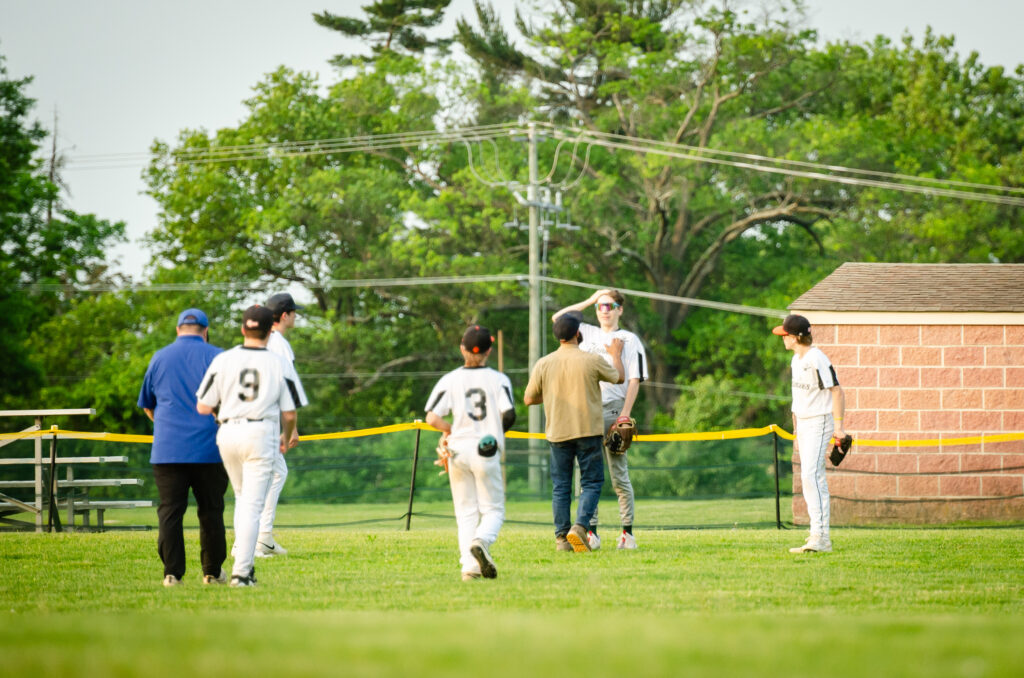
That will likely be the last play of my son’s baseball career.
We knew going into this season that it would likely be my son’s last. He was going to end his career last season, but the opportunity came up for him to play with his best friend, so he decided to play another year.
And it was a great year. We had one of the best coaches—the same one we had two years ago. The same coach who rushed to the field when my son got hit. The same coach who gave him multiple opportunities to play and even pitch, experiences that my son likely wouldn’t have gotten with anyone else.
I’ve written a lot about baseball over the years. Although we started as a hockey family, epilepsy and my son’s health had other plans. The stamina and balance required for hockey were challenging, and even with a helmet, a fall to the ice or crashing into the boards was extremely risky.
Baseball, though, has always had a more manageable pace and physical requirements. In the field, he mostly stood around, and, in between innings, he sat on the bench until it was his time to bat. There were enough kids that he could rest for a few innings on his worst days, but still participate however he was able.
There were teeball games, back when we were still trying to get his seizures under control, where he’d have a seizure on the field, stand back up, and be ready to make a play. There were games where the side effects of his medication made him wobbly or angry, and we would sit and hold him in the grass to see if it would pass.
As he got older and his seizures were more controlled, he was able to play more innings. His processing and motor skills were still challenging, but those were awkward years for most of the kids, so he fit right in.
In the last few years, however, the gap in skill between my son and most of the kids has widened. He still gets hits when even stronger players strike out, and he makes great fielding plays to get an out. His hits don’t go as far, and his throws aren’t as sharp as his teammates’. But still, he shows up, steps onto the field, and enters the batter’s box, ready to do his job and contribute to his team.
His heart always made up for any gaps in his skills.
It was his heart that drove him to chase down the ball after taking it off his head. He had a job to do, and he didn’t want to let his team down. While it would be easy to focus on the missed catch, this play best demonstrates who my son is as I think about his time playing baseball. It’s who he has always been.
Despite his challenges and the odds against him, he shows up.
He does his best.
And he never gives up.
If you like baseball, I’m reading a wonderful book called “Why We Love Baseball” by Joe Posnanski. It’s filled with some of the best plays in baseball, including the story of Jose Canseco taking a ball off the top of his head, too, with an unexpected result.
